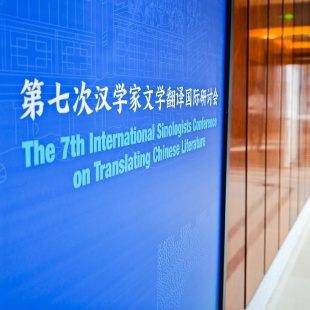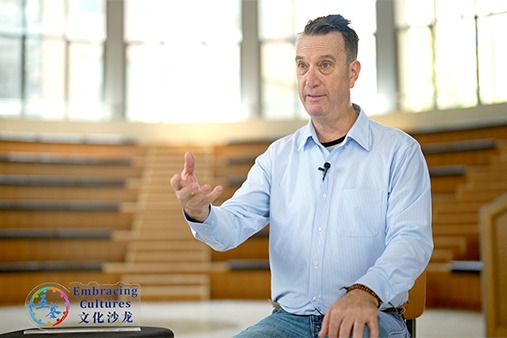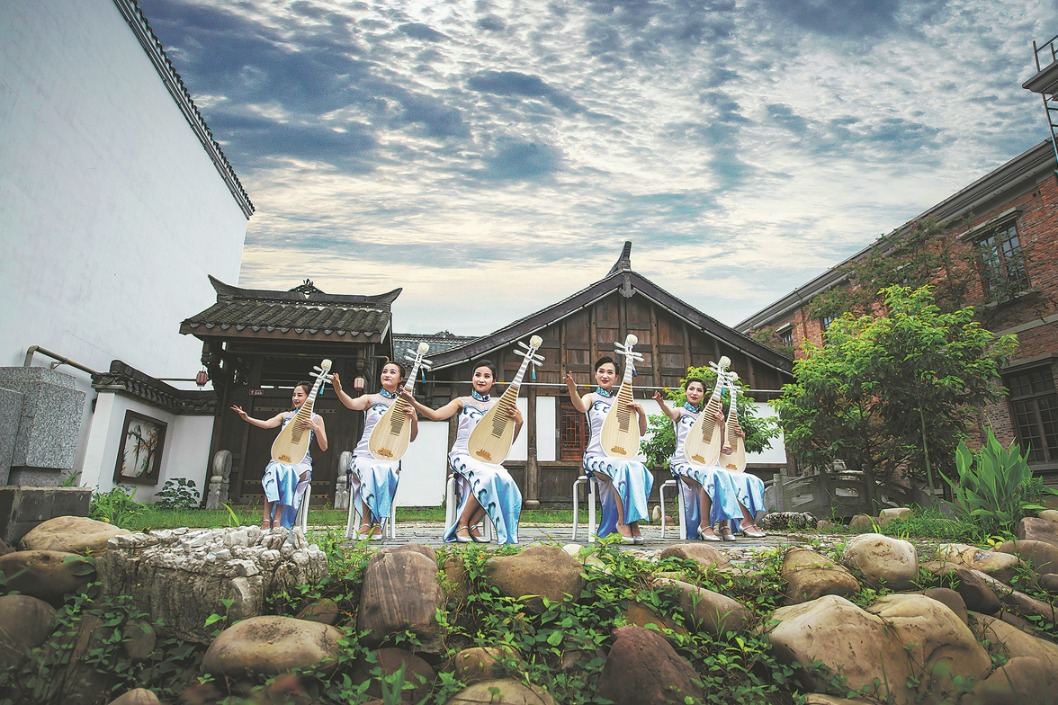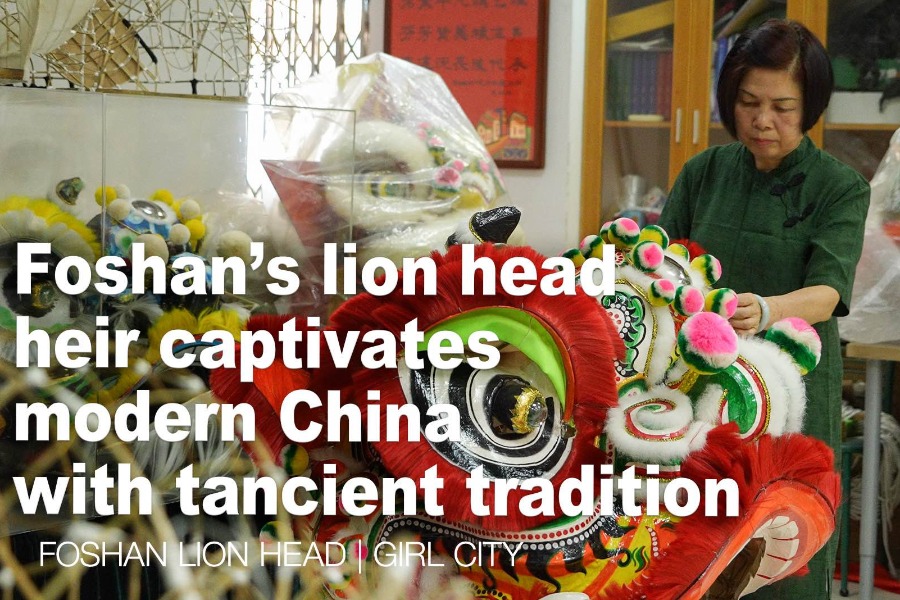AI in the eyes of writers, Sinologists


Writer and academic Liang Hong, acclaimed for her non-fiction trilogy based on Liang Village, her hometown in Central China’s Henan province, voiced a similar sentiment.
Liang recalled when AI tool DeepSeek surged as a sensation earlier this year, she, in the middle of a writing retreat, felt a strong sense of rebellion.
"I thought I would never use AI in my writing. Instead, I felt a strong desire to portray my characters vividly and in detail," she said. "Even if, someday, the characters in my book are included in an AI database, I would still feel proud because it represents my contribution".
“AI can expand our perspectives,” the writer acknowledged. “However, it can never substitute for the gaze I have on the subject of my writing or the deep emotions I feel toward it. This profound emotion is the foundation for every writer’s creation, whether it's in shaping characters or exploring social life,” she added.
Liang said she, as a writer, wouldn’t fight against AI, which, after all, is an unstoppable trend. “I think I must be stronger and have more emotional power so that I can build a more authentic connection with the era I’m living in”.
Sinologists participating in the discussion, many of whom have dedicated decades to translating and researching Chinese literature, agreed that while AI can serve as a useful tool, it should never replace human translators in the realm of literary translation.





































